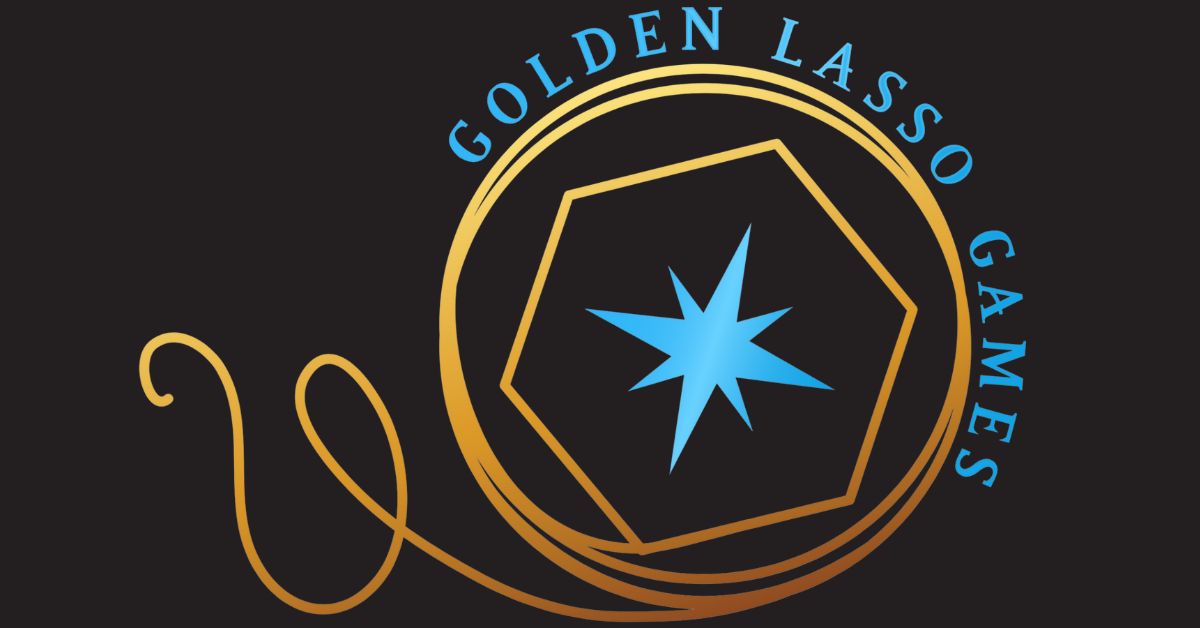The always excellent and talented designer Jason Cordova does a podcast (Fear of a Black Dragon) that's sort of unofficially about the intersection of story game and OSR play styles. He mentions pretty frequently that he thinks the two communities have more in common than they might realize, compared to trad gamers/play styles.
This is a really good point. I would say that there would be things even "trad" players would gain from playing different kinds of games. For example, some players might find things like encumbrance, light sources, etc to just be a drag or not very relevant. But once you understand the core procedures of osr games, it becomes clear how all those things work together, in a way that might influence the way you run your trad games. Same with pbta/fitd and osr.



